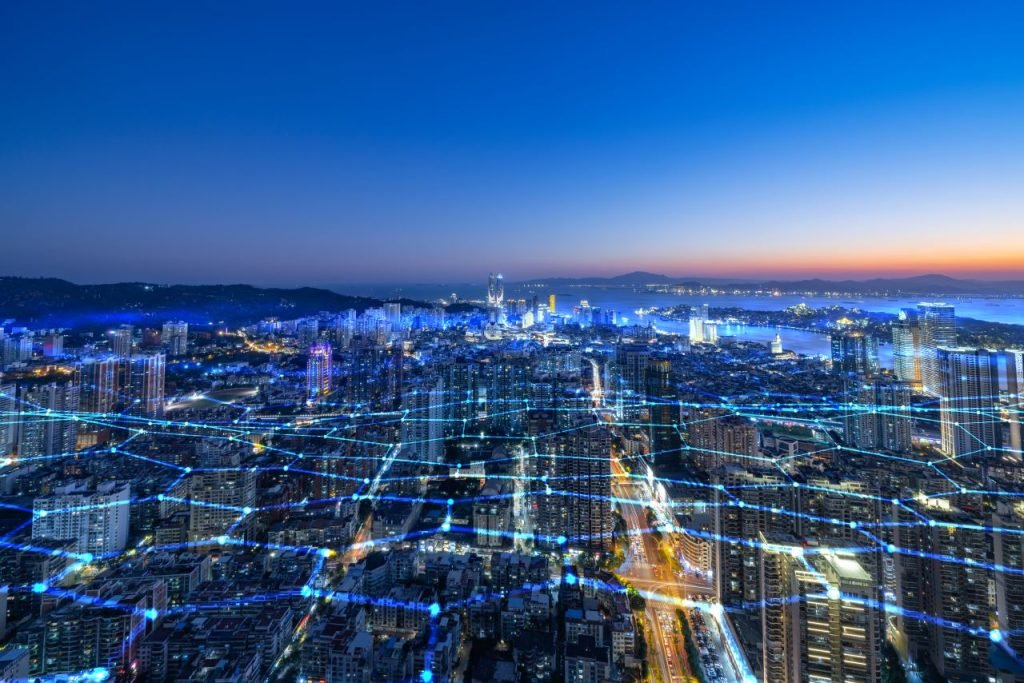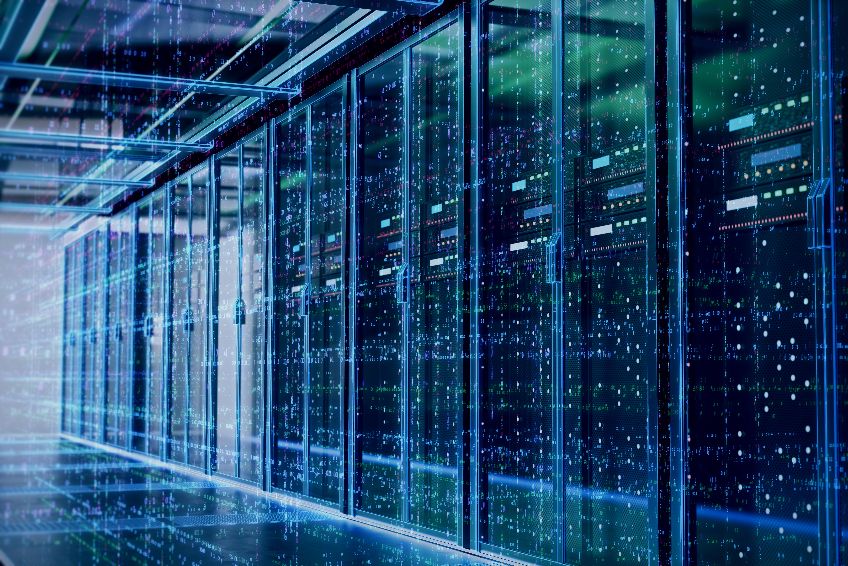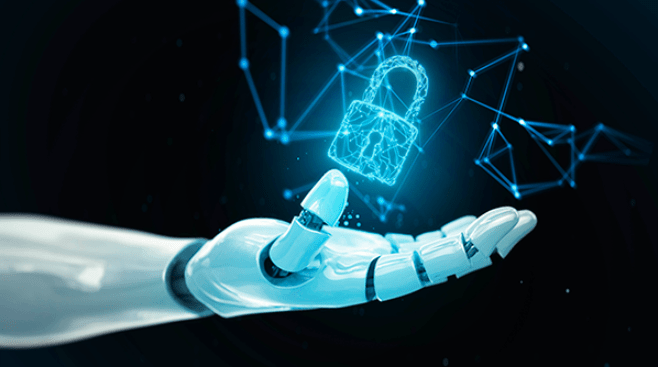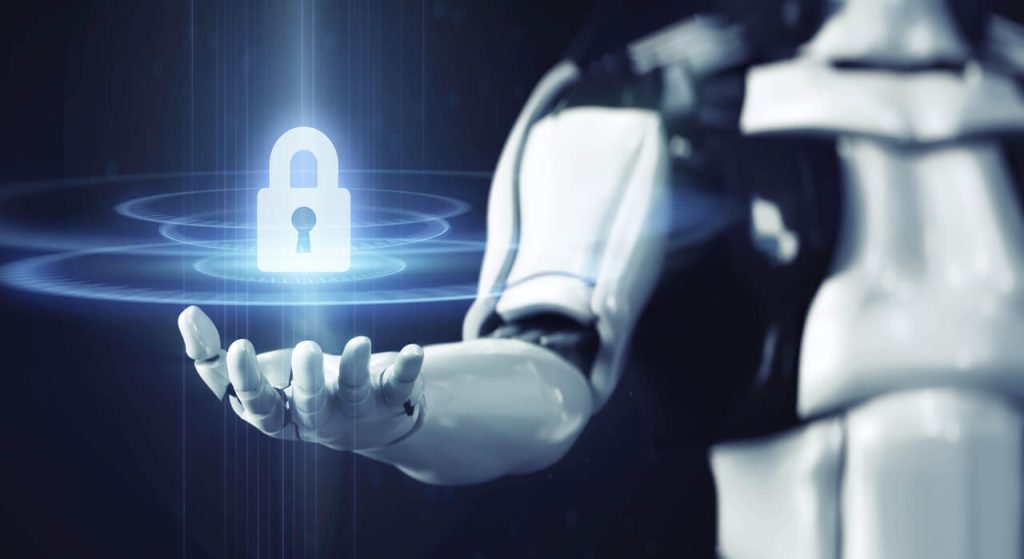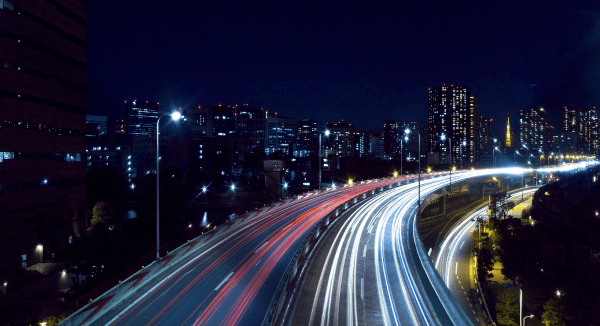The pandemic has heavily hit many cities around the world. As they try to recover from the economic and social fallout of COVID-19, the idea of smart cities is gaining attention as a new growth engine and development strategy. In many countries, the provision of smart services is being incorporated into daily activities to improve people’s quality of life.
Currently, cities are home to just over half of the world’s population and, according to the UN, this figure is expected to rise to 68% by 2050, as urban areas will receive another 2.5 billion of residents. This entails an increase in environmental, social, and economic challenges.
Smart cities apply information technologies with infrastructures to help guarantee an effective use of resources, sustainable development and, overall, to tackle the aforementioned challenges.
One of the most distinctive features of smart cities is their ability to embrace new technologies. It is important to bear in mind that technological applications are closely related in a smart city and generate changes at many levels.
So, what technologies should be prioritized to becoming a smart city? Check the list below:
Big Data & Cloud Computing: use of large data volumes is key for public administration and private companies at the time of processing millions of files or control transportation flow, just to mention a few. Big data systems will efficiently store and process information from smart city applications to produce information that improves different services. In addition, big data will help decision-makers plan for any expansion of smart city services, resources, or areas.
Big Data should be aimed at reinforcing democratic values, security, or social inclusion of cities.
Artificial Intelligence (AI): just like Big Data, the true potential of artificial Intelligence does not lie on what it can do for us, but on the authentic solutions it will provide because of machine learning. AI will carry out scheduled tasks and actions, allowing at the same time exploration of new opportunities capable of improving our constantly evolving life-style.
As a token of these breakthroughs the 4th Industrial Revolution allows incorporation of technological programs merged with human intelligence to create physical cyber spaces, including traffic sensors, video cameras, parking space notices, environmental sensors, smart meters, among others.
IoT (Internet of things): IoT connects the technology of a smart city. IoT devices include sensors, lights and meters that gather and analyze Data. Their goal is driving services digitalization and interoperability provided in a city.
Connectivity: Connectivity quality and reliability become critical elements for a smart city, especially for government organizations and businesses that depend on it as consumers of data generated by a wide range of connected tools and as new service providers.
If we talk about connectivity, it is important to mention one of its most relevant aspects: intelligent communication networks, which are closely related to 5G implementation. Although we are just beginning to make progress in this regard, 5G networks will contribute to improving IoT by allowing interconnection of up to 20 billion devices.
As urbanization increases, new technologies are helping cities maximize their resources and increase efficiency across all aspects of urban life. A truly smart city will collect and address today’s major problems but will also mitigate emerging challenges that can entail high socio-economic costs.
The process to turn a current city into a smart and sustainable city will be fundamental, since it will cover multiple areas of the technology sector, governments, and private companies, as well as communities that must commit and mobilize to build shared goals to improve quality of life. We need to start taking steps towards this 4.0 revolution and be prepared for what’s next.

Autor:
Jaime Durán
Product Director, Connectivity, Media & IP Product, Northern Cluster
Lumen, LATAM

